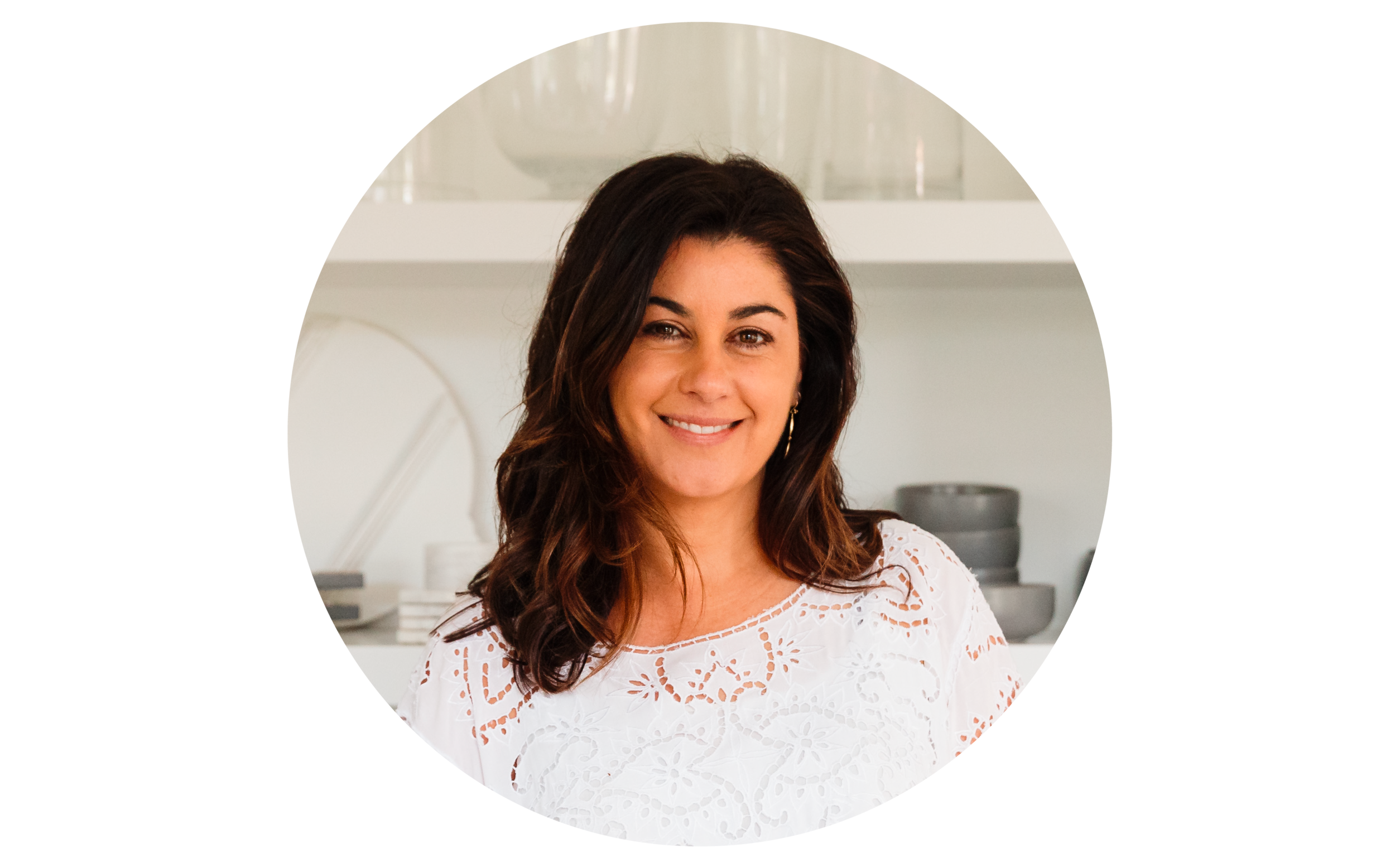Don't sugar coat it
Here’s the lowdown on sugar
The good news is our brains preferred fuel source is glucose therefore a small amount of ‘intrinsic’ sugar (found in intact fruits, vegetables and milk) is beneficial for optimal brain function.
The bad news is that most Australians are consuming way too much ‘added’ sugar on a daily basis, but don’t even realise it, which impacts their overall health and well-being.
Consuming high amounts of sugar has been copping a lot of the blame amongst health experts for our planets growing chronic illness epidemic. Excess sugar consumption has been scientifically linked to health issues such as obesity, hypertension, allergies, increased risk of heart disease, cancer, diabetes, tooth decay, insomnia, ADD/ADHD and Alzheimer’s to name a few.
In a nutshell excess sugar throws our body’s regulatory system in to havoc; causing chronic inflammation, microbiome imbalance, hormonal imbalances and leaky gut. It also generally makes us feel pretty crappy and hinders our body’s natural healing mechanisms.
So why are we consuming so much sugar?
Well firstly because it is highly palatable and seriously moreish and it signals a ‘pleasure’ effect on the brain where a surge of the feel good hormone dopamine is released - so you just want more of it!
And probably most surprisingly to many, because over 80% of the processed foods we eat contain a form of added/hidden sugar that the consumer is often oblivious to, due to clever food marketing traps and tricks. There are over 50 types of listed sugars in various processed foods which is often hard to spot on food labels. Even so called ‘healthy’ processed foods can be super high in sugar.
So what can you do to limit the amount sugar consumed?
Here are some of my top suggestions:
• Shop smarter - Learn to read food labels and understand sugar quantities and it’s many alternative names. Also don’t buy high sugary processed foods - if it’s not in your pantry or fridge, you can’t eat it! And don’t shop when you’re hungry.
• Eat more whole foods - think vegetables, fruits, whole grains, legumes - whole foods are unprocessed and unrefined (or at least as little as possible for consumption) and free of added sugar and other additives commonly found in processed foods.
• Swap processed foods for home made meals as cooking from scratch will allow you to know exactly what’s going in to your food and reduce your sugar intake.
• Eat more protein rich and full fat foods - crowd out high sugar foods with those high in protein and fat. Both are more satiating, therefore reduce appetite, hunger and food cravings.
• Cut back on sugar filled drinks - Eat your fruit, don’t drink it, Swap soft drinks and energy drinks for water, sparkling mineral water, herbal teas.
• Get enough sleep - this ones a game changer - getting enough sleep helps you eat less sugar. Lack of sleep causes people to favour high-calorie sweet foods over healthier foods.
• Consume sugar slowly and mindfully, don’t inhale it - if you are eating something you know has high sugar levels, don’t deprive yourself of it, enjoy it, but try eating each mouthful slowly and try eating less of it - and don’t feel guilty about it. You will hopefully feel completely satisfied without wanting to finish every last bit.
Romy Bursztyn
An Integrative Nutritionist, Health & Wellness Coach, Nutrition Educator, freestyle cook and home kitchen garden hobbyist.


